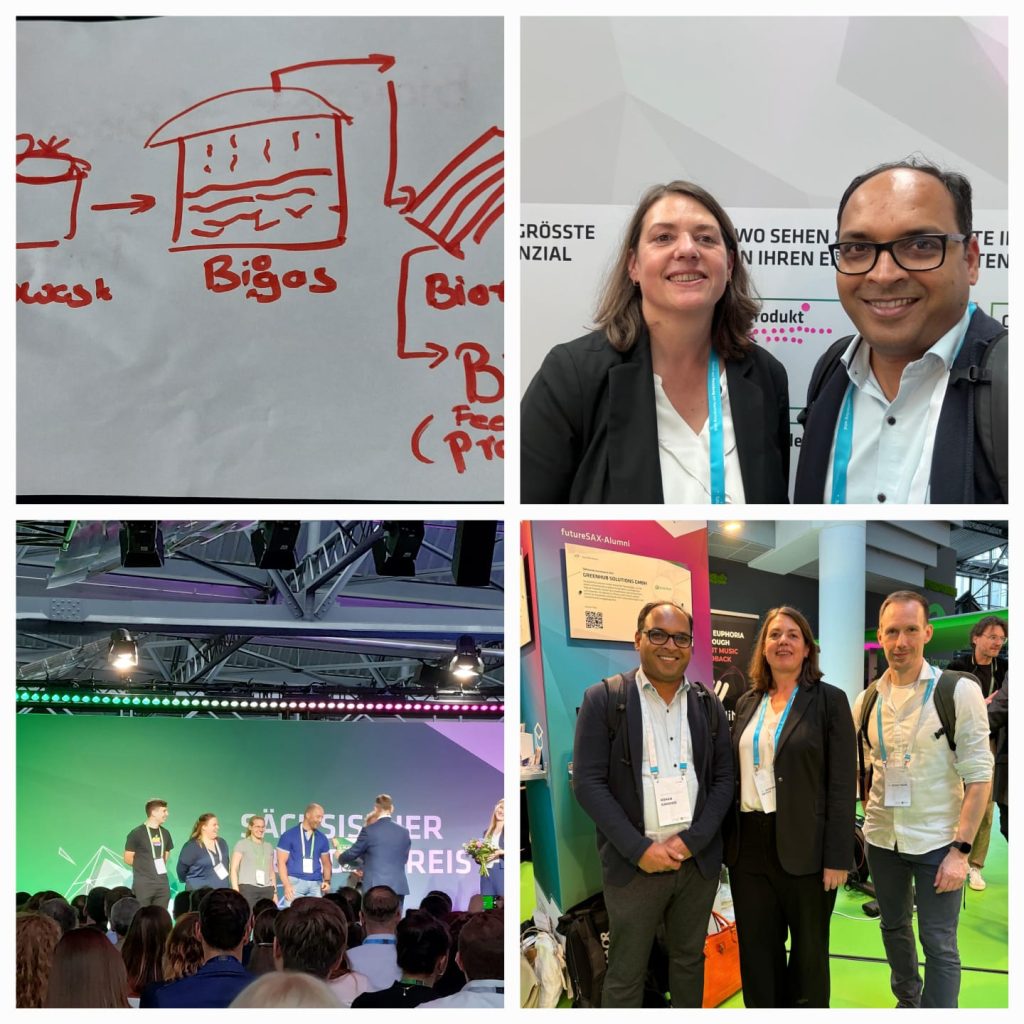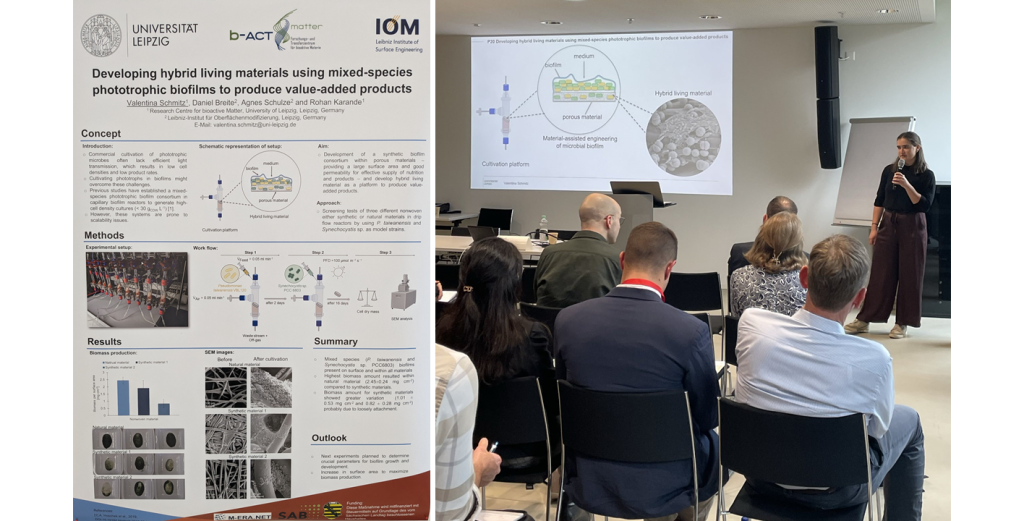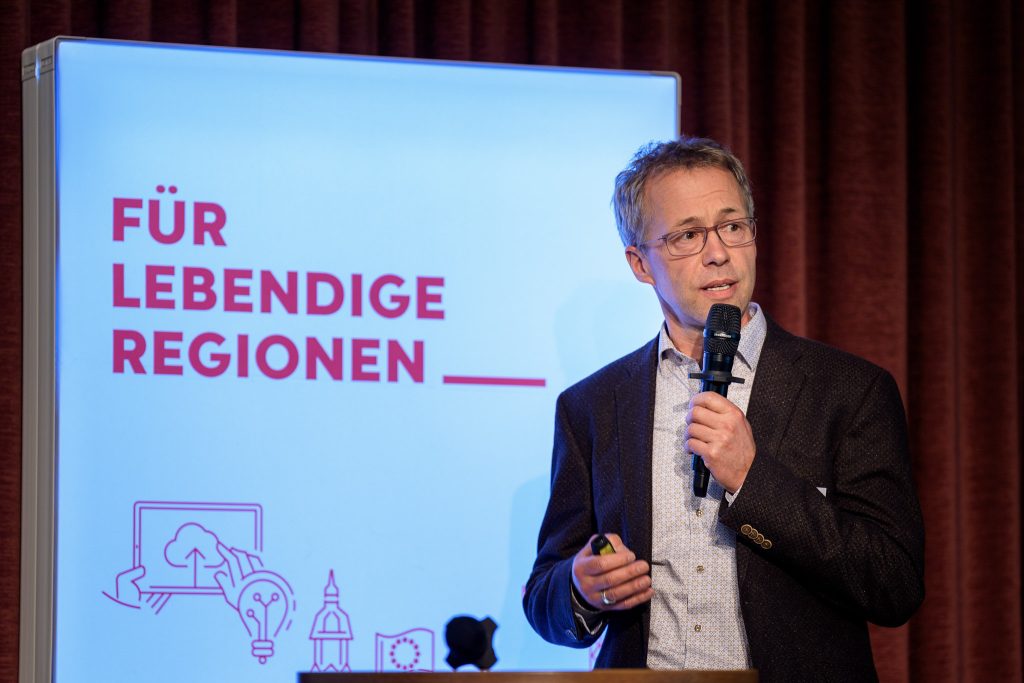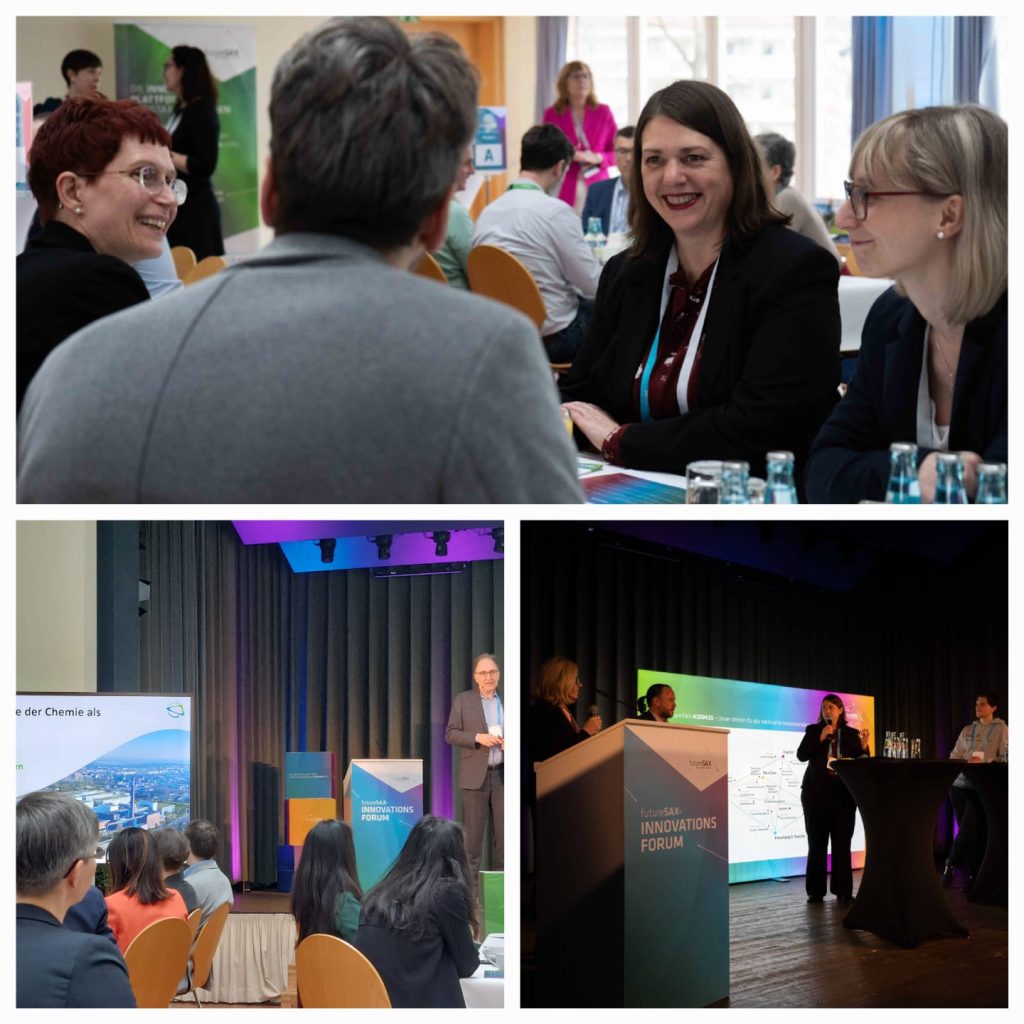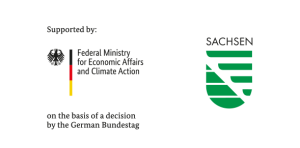We recently started our new M-ERA.NET Pproject “LivMat: Productive catalytic living materials: combining 3D biobased fibrillar membranes with synthetic microbial consortia to produce chemicals” together with our partners from Helmholtz Centre for Environmental Research (UFZ), Solaga GmbH, Istanbul Technical University, Kaunas University of Technology and University of Latvia.
The LivMat project aims to syndicate biobased porous materials with microbial consortia to effectively capture natural and waste resources to synthesize chemicals continuously, demonstrating the basis for catalytic living materials. Within the project we will exemplify the approach by the production of monomers for textile polymer synthesis including ε-caprolactone and adipic acid.
